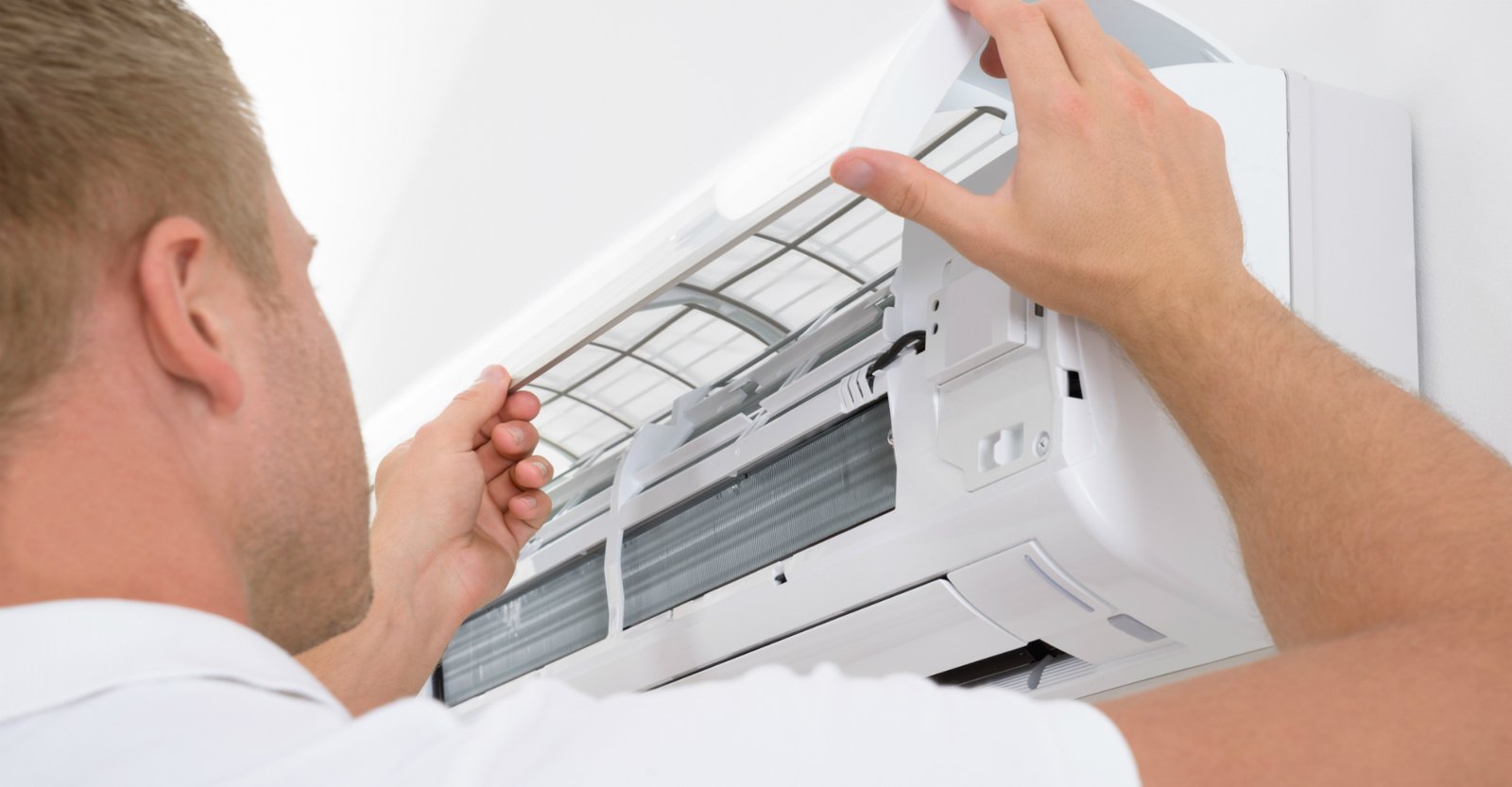Landscape design plays a vital yet commonly neglected role in the efficiency of your HVAC system. A lot of homeowners focus on the interior components of their heating and cooling systems, but the exterior environment can significantly impact performance. The way a home is landscaped can affect airflow, temperature regulation, and even energy consumption, making it important to consider in the process of optimizing your HVAC efficiency.
Comprehending the relationship between landscaping and HVAC systems can lead to improved comfort and diminished energy bills. Thoughtful planting, the placement of shade trees, and proper garden designs can improve the effectiveness of your heating and cooling units. This article examines the various ways in which landscaping choices can influence your HVAC system's efficiency, helping you make wise decisions that benefit your home as well as your budget.
Understanding Heating, Ventilation, and Air Conditioning Technologies
Heating, Ventilation, and Air Conditioning stands for heating, ventilation, and cooling. It refers to the system used for indoor climate satisfaction, including heating and cooling systems in home and commercial buildings. A efficient HVAC system is necessary for ensuring a comfortable climate year-round, as well as ensuring good indoor air quality. Grasping the fundamentals of how HVAC systems operate is vital for residents and commercial entities alike.
The heating component typically involves furnaces or heating systems that produce warm air. This air is then circulated through ductwork or pipes. On the cooling side, AC units pull warm air from within the building and cool it before returning it back. Ventilation plays a important role by allowing fresh outdoor air to come into the space while removing stale indoor air. This balance of heating, cooling, and ventilation is essential for overall comfort and energy efficiency.
HVAC systems can vary significantly depending on the dimensions and kind of the building. Residential systems often include central air conditioning systems and gas or electric heating devices, while larger commercial systems might require more complex setups like chillers or package units. Knowing your own HVAC system can enable you recognize issues, arrange maintenance, and make wise decisions about upgrades or replacements when necessary.
Frequent HVAC Problems and Resolutions
One of the most frequent problems property owners encounter with their HVAC systems is insufficient heating or cooling. over at this website can stem from various sources, such as a contaminated air filter, obstructed ducts, or a malfunctioning thermostat. Regular maintenance, such as changing air filters every month and ensuring that vents are not obstructed, can prevent this problem. If the problem persists, it may be time to check the thermostat's settings or evaluate hiring a technician to diagnose any root issues.
Another common issue is odd noises coming from the HVAC unit, which can indicate several potential problems. Noises such as rattling, squealing, or banging may suggest wobbly components, worn-out bearings, or debris within the system. Homeowners should not ignore these noises; instead, they should schedule a professional inspection to pinpoint and resolve the source of the noise. Regular tune-ups can help identify these issues early before they escalate into major repairs.
Finally, refrigerant leaks can seriously impact the effectiveness of an HVAC system. Low refrigerant levels not only reduce cooling efficiency but can also cause the compressor to fail. If you notice that your system is not cooling adequately and notice ice buildup on the coils, it's essential to contact an HVAC professional. They can locate any leaks, recharge the system, and ensure it operates efficiently, enhancing both satisfaction and energy savings.
Heating, Ventilation, and Air Conditioning Servicing and Performance Guidelines
Regular maintenance of your Heating, Ventilation, and Air Conditioning system is vital for maintaining its efficiency and lifespan. Start by replacing or washing air filters every single one to three months. Blocked filters block airflow, causing your system to run more, which can lead to increased energy costs and potential system failures. Additionally, ensure that all air vents and registers are unobstructed to promote maximum airflow throughout your home.
Another essential maintenance tip is to arrange seasonal tune-ups for your Heating, Ventilation, and Air Conditioning system. A certified technician can carry out a thorough inspection and service of components, such as coils and fans, to keep everything operating smoothly. This proactive approach not only improves efficiency but also allows for the early detection of possible issues that could result in costly repairs or system replacements later on.
Finally, consider your temperature control settings and the overall energy efficiency of your home. Automated thermostats can assist you maintain ideal temperatures while reducing energy consumption. Ensure your home is well-insulated to prevent heat loss in winter and keep cool air inside throughout the summer. These minor adjustments can substantially impact your HVAC system’s performance and your energy bills over time.

